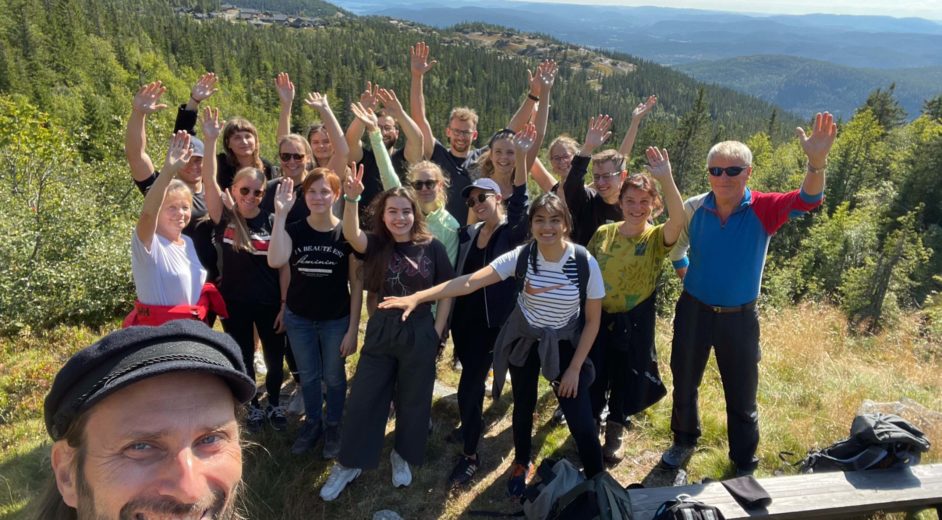We are surprised by how well it went!
The pandemic forced the organisers of a Nordplus project to rethink. Rather than an intensive week of in-person attendance, the work moved online. As compensation, all the participants were invited to Norway for a weekend full of social activities and visits to businesses. It was a big success.
By Joan Rask, journalist
A groundbreaking experience. That is how Elisabeth Katballe describes the Nordplus project, “Circular Economy – Food and Agriculture”, that she was a part of in 2021, along with other young people from the Nordic and Baltic countries. Here, the pandemic had forced them to come up with new solutions, since it was impossible to meet in person across nations in the first half of 2021. An intensive weekend was put together in August where the young students got to visit, among other things, a regenerative farm in Telemarken.
”We got to see everything and participate actively in the teaching, and we could put questions directly to the owners. It was really great and even the teachers seemed more engaged when they were walking around with us to see the vegetables. It made so much sense,” she says.
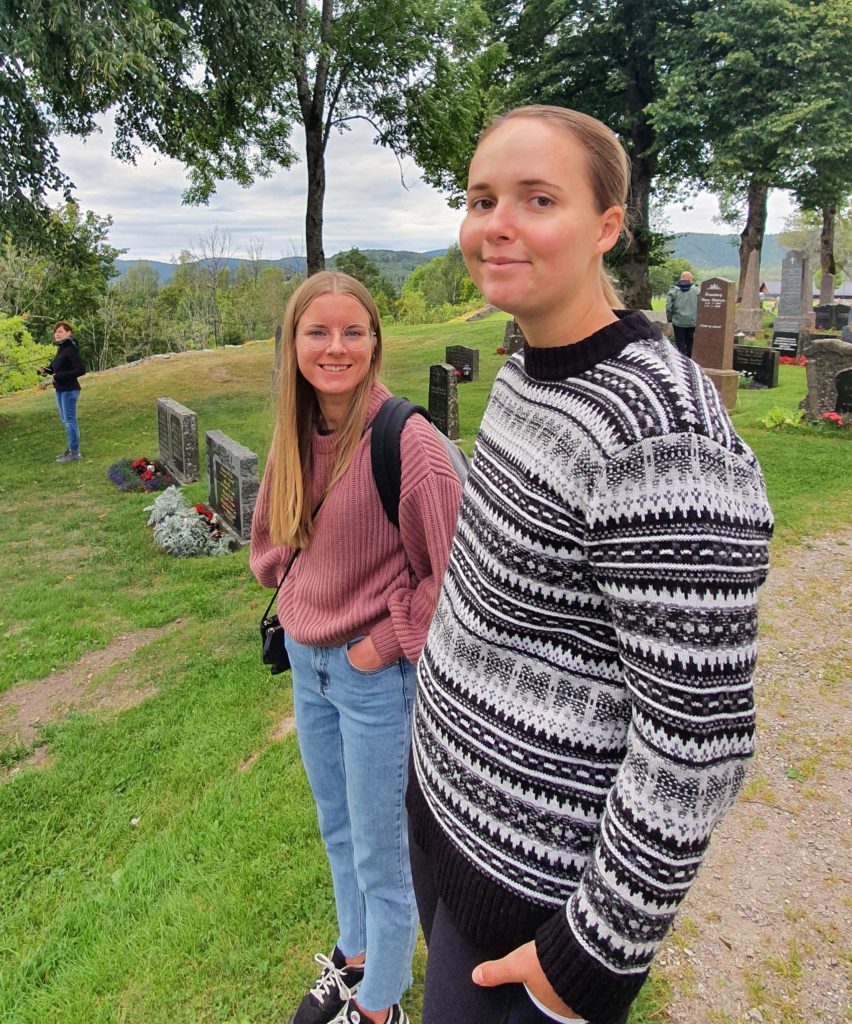
Elisabeth Katballe is a student at Aarhus University in Herning, where she is studying for a degree as a Business Development Engineer. Three other Danish students, Michelle Erikstrup, Juliane Maack and Emil Bjørklund also packed their suitcases in August 2021 and made their way to Norway to meet other young people and their respective teachers from Nordic and Baltic countries. . But first they had to work!
The week in which they had to write their assignments was online instead of in person, and due to the different time zones their daily rhythm was also slightly different.
Michelle Erikstrup admits that the week of online teaching was a bit hard because her group’s working day lasted from 10.00-19.00, but at the same time she is impressed by how much she learned from it.
”We got the opportunity to talk to young people from other countries who had the same academic interests as us, which allowed for some completely new kinds of conversations,” she says.
And Juliane Maack continues:
”The cultural aspects taught us a lot. When we travel as tourists and meet other young people, the conversations we have are not normally about our education and the cultural differences between our countries. When we got to Norway and met in person, it was fun to see how much more open and honest everyone was,” she says.
Sustainability – a gift or the complete opposite?
Emil Bjørklund chose the course because he wanted to travel and meet other young people and, because of that, sustainability and the circular economy just ‘came with it’. He was actually a bit disappointed by the subject. But that changed completely during the semester. In fact, he’s just bought his own allotment and has a dream.
”I want to be 80% self-sufficient – not when it comes to milk and flour but with vegetables. I only want to grow plants that can be eaten,” he says.
He talks poetically about the half circles of vegetables he saw in Telemarken. Here, cabbage and carrots were not planted in straight lines, but grew close together and in between weeds.
The young people excitedly explain how one of the core principles of regenerative agriculture is that the earth gets all the nutrition it needs from other plants, fungal spores and insects – if the farmer makes sure to rotate the crops and grow the right plants next to each other, that is. This, they explain, also meant that large portions of the land were filled with flowers, to give the soil a few undisturbed years.
”What we saw in Norway…that will be my allotment in a few years,” says Emil Bjørklund, and he laughs.
Words are exchanged quickly and easily between them. They remember a lot of details, conversations, questions and the answers they were given. They agree that it is rare for a course to have this kind of impact. They agree that it is the course they learnt the most from that year. That is not unusual, Per Strömberg, associate professor at the University of South-Eastern Norway and primary organiser of the course, explains.
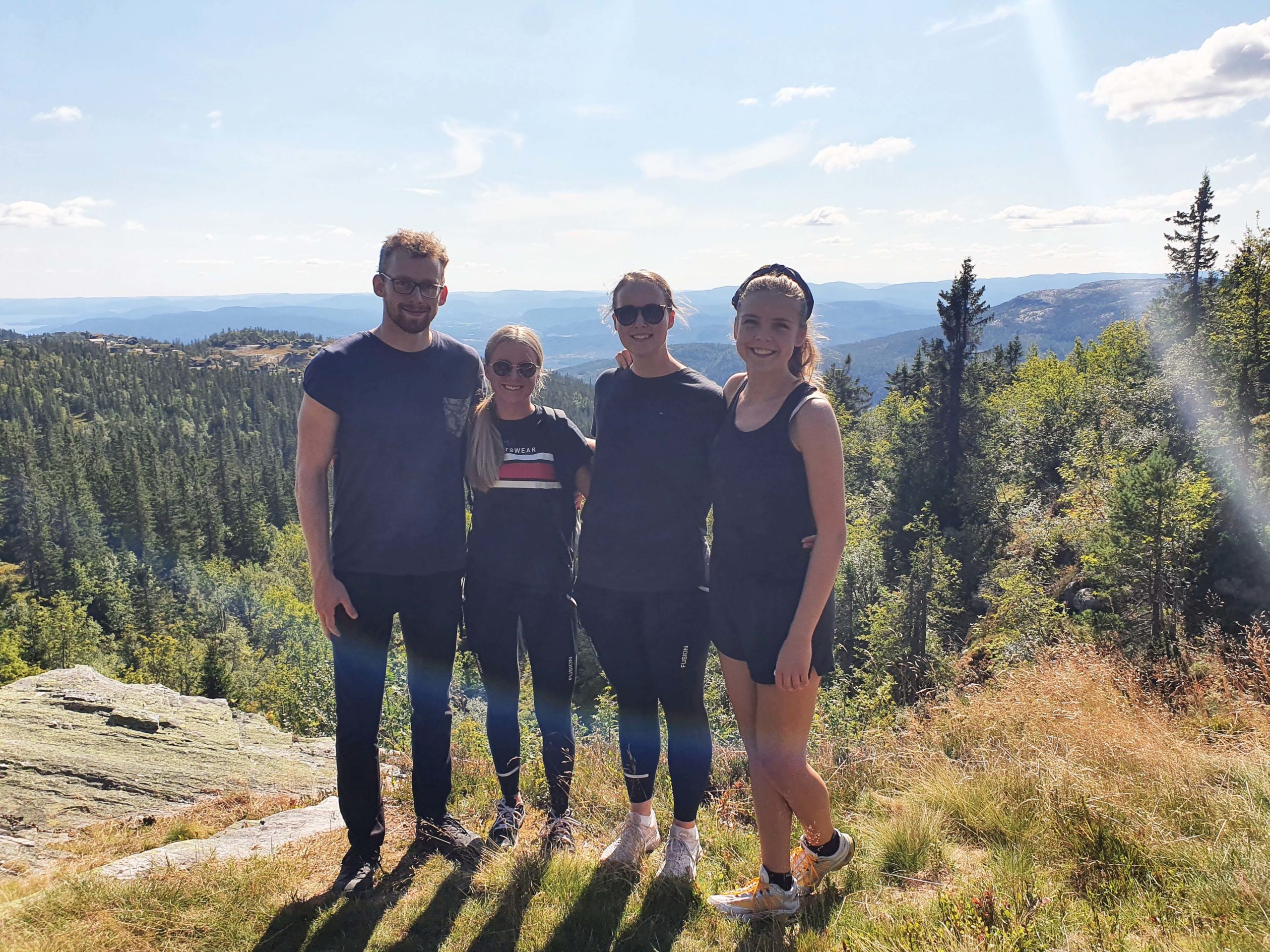
”The pandemic forced us to think of new solutions, and I think we will continue with some of these new initiatives in the future. For instance, it worked well to have time to meet with the entrepreneurs and to see their farms in person. It added a new didactic dimension that we have not had before,” he says.
Perhaps he has a point, because Michelle Erikstrup is considering a career more focused on sustainability and the circular economy – and not just in terms of her job. Michelle Erikstrup has specific green plans.
”I’ve already bought the supplies I need to grow vegetables vertically and I want to try it this summer,” she says.
A Nordic/Baltic bonus family
Per Strömberg is, on behalf of the University of South-Eastern Norway, a member of the NordBiz network, which consists of business and economics faculties from all the Nordic and Baltic countries.
”The other teachers are like a family! I am a part of the network because of the community it offers – both personal and professional. Every time we meet, we always discuss new and interesting academic themes, so it adds value on more than one level,” he says.
The Nordplus project, ”Circular Economy – Food and Agriculture”, has been developed by the NordBiz network, which has existed for more than 20 years, with Per Strömberg having been a member for about eight years. The specific topic is always relevant to contemporary society and follows new trends and movements.
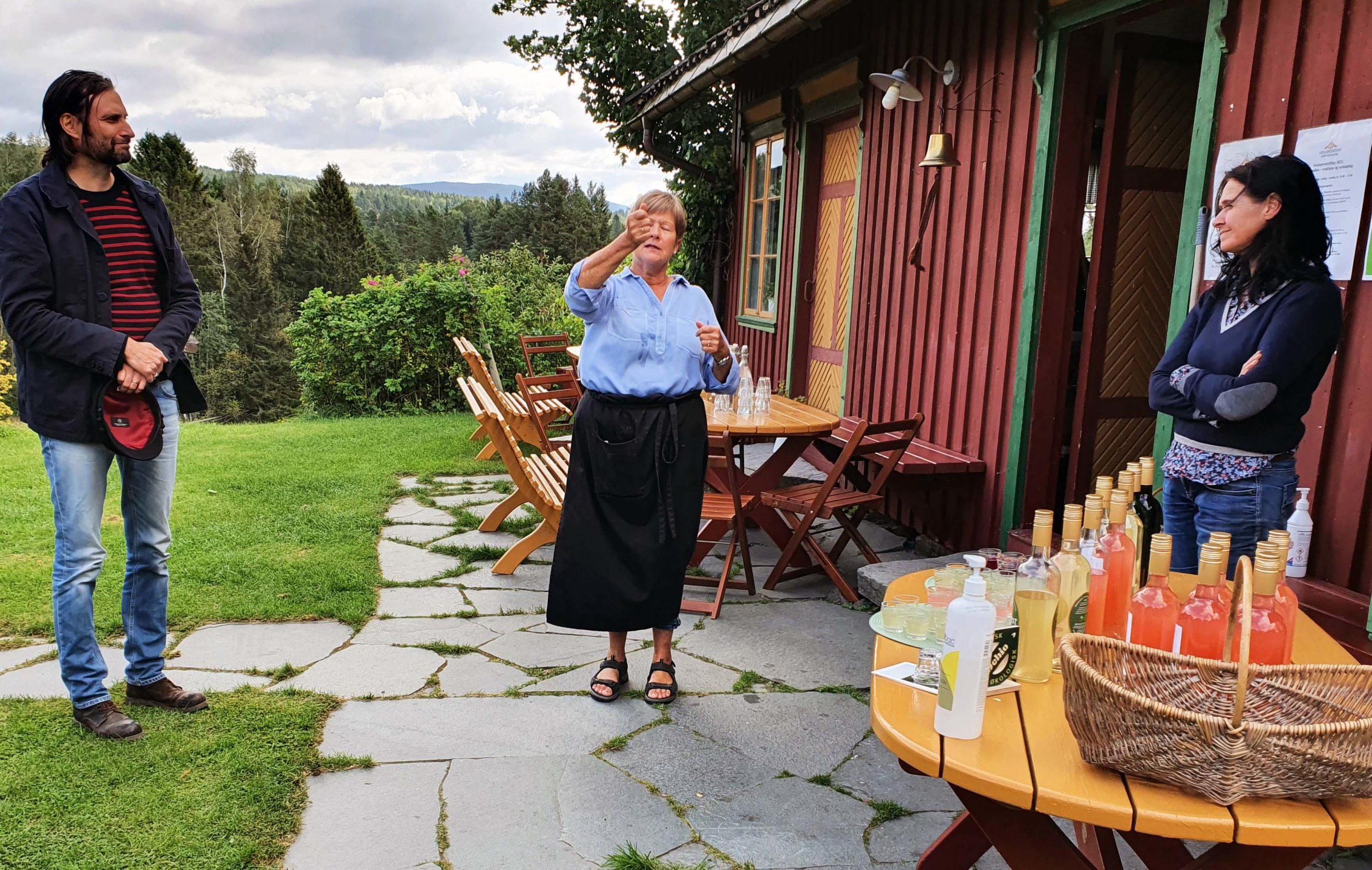
”The most important question we face as teachers is how do we educate and prepare people for the demands of the future, and how do we place the idea of profit in a new context. Within the social economy, a short-sighted investment is counterproductive in the long run which is why the idea of sustainability is central to what we do,” says Per Strömberg.
Taking into consideration the challenges posed by the pandemic, he is satisfied with the course and especially proud of the fact that about half of the participants chose to spend their free time participating in the wrap-up weekend in August.
“We managed to get them to Norway – against all odds! I am very happy with that, since online teaching puts a damper on cultural and social interactions,” he says.
Meeting in person wins
Even though corona created a new situation, and in many ways it was a positive experience, both Per Strömberg and the young people agree on the value of meeting in person. However, the young people disagree a bit more on whether or not it is best to spend the intensive week writing the assignment online or in person – because that opens of the opportunity of more social interaction afterwards. Juliane Maack is one of the people who would have liked to try to complete the assignments when they met in person.
”It was a really good alternative to meet in person during that weekend, but I think we lost out on something. When you have to solve tasks together and find solutions, you grow tired and frustrated but you also share your successes. I think we would have got to know each other better across countries if the course had been run as normal. But I am grateful and impressed by the course which was set up under the circumstances,” she says.
Elisabeth Katballe continues:
”There is a lot of talk about whether or not we could make the teaching purely digital and whether we need to meet in person at all. But a situation like this one in Norway shows that there is great value in meeting in person, as people, and shows that what you are taught sticks more than if it is purely theoretical teaching.“
Emil Bjørklund is not so sure. He thinks it was freeing to be able to spend the weekend focused on visiting businesses and on being social. He still keeps in touch with two of the other participants.
”I learnt a lot about the culture of the other participants and how their universities work, and I think the weekend in August was a massive success,” he says.
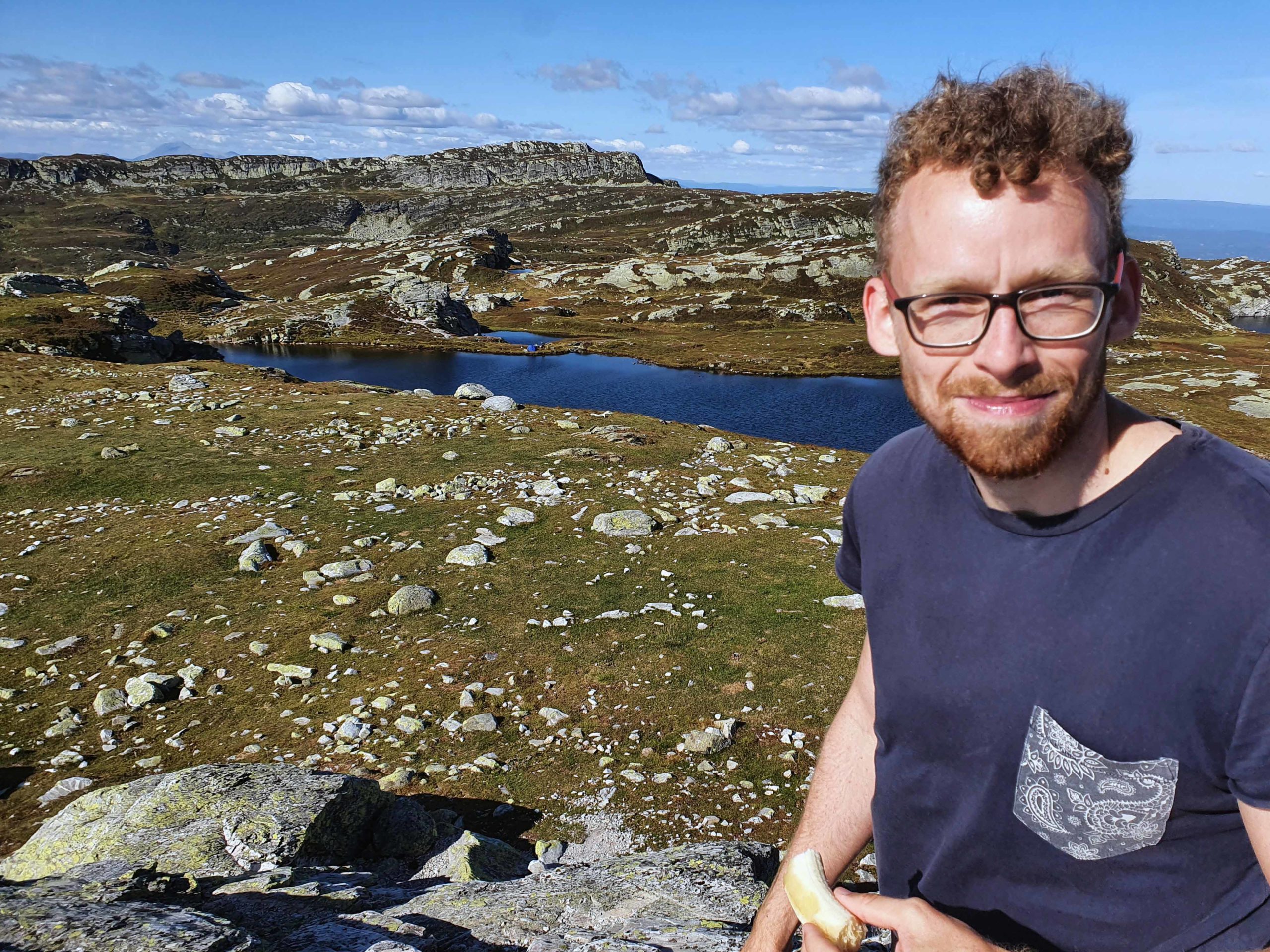
For the young people, the Nordplus project is now a closed chapter and they have moved on with their education, but for Per Strömberg the work continues with the development of the topics for upcoming years, and the results and experiences gained from 2021 will be shared with colleagues at the universities in the NordBiz network.
“I think it is important that the students experience different ways of working and learn that some are more positive than others. It is good for them and they learn both from what could have been better and also from what went well,” says Per Strömberg.
* Photo on top: Per Strömberg
Danish version:
Selection of photos from the NordBiz wrap-up weekend in August 2021
Photo: Juliane Maack et al.
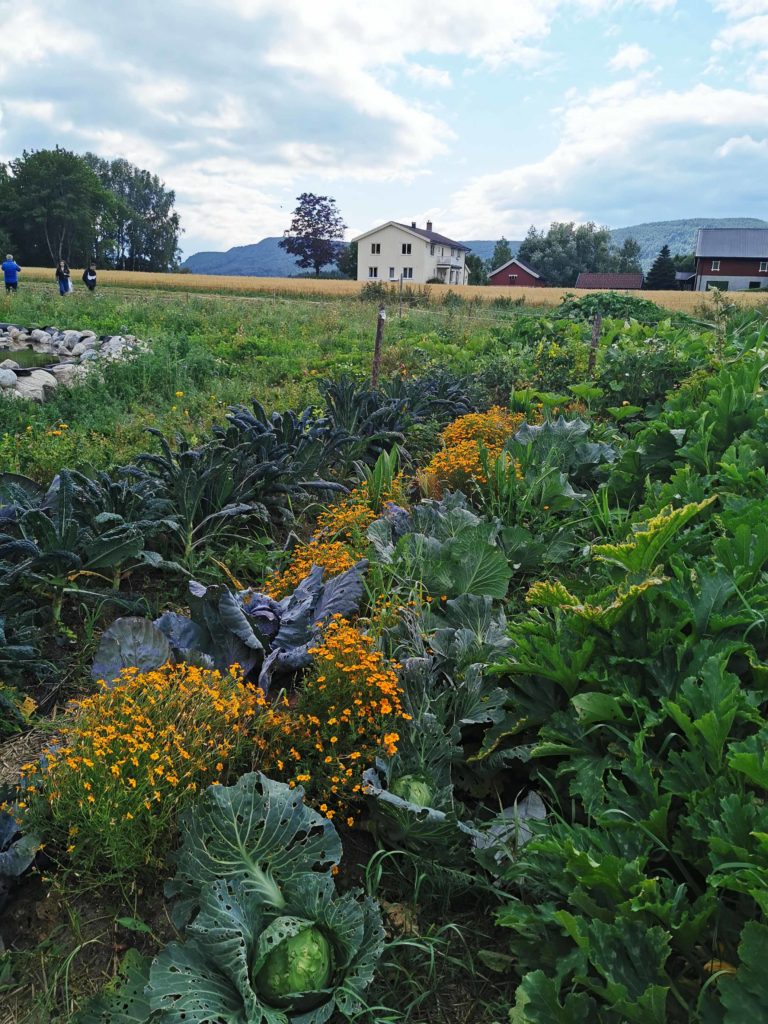
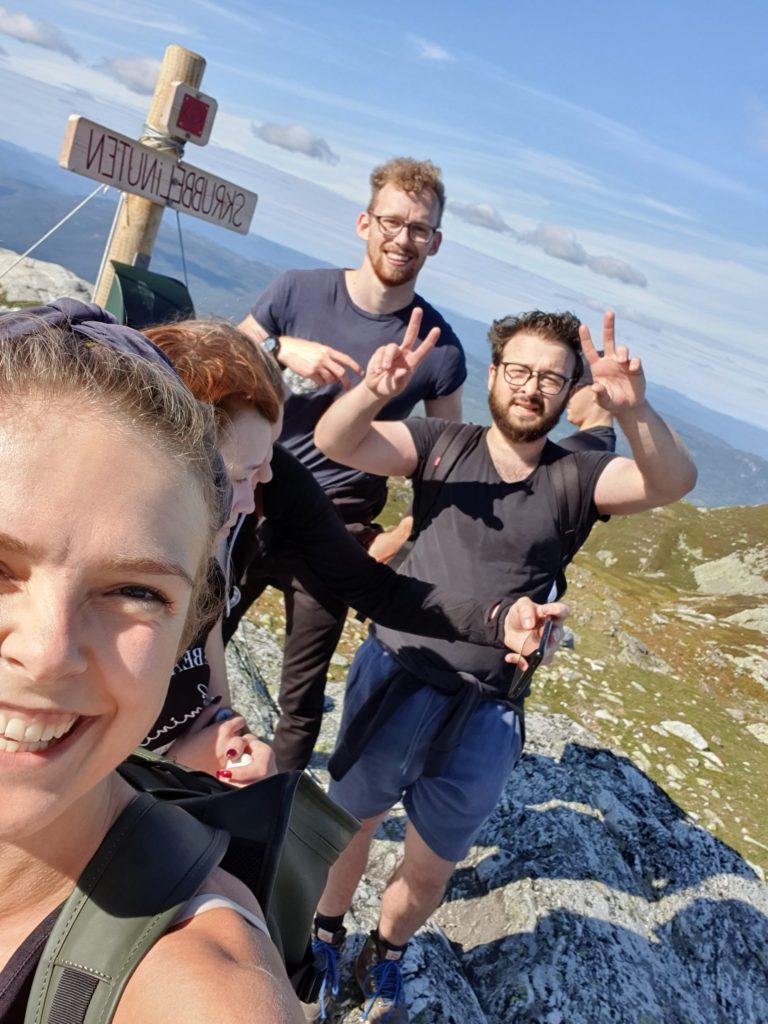
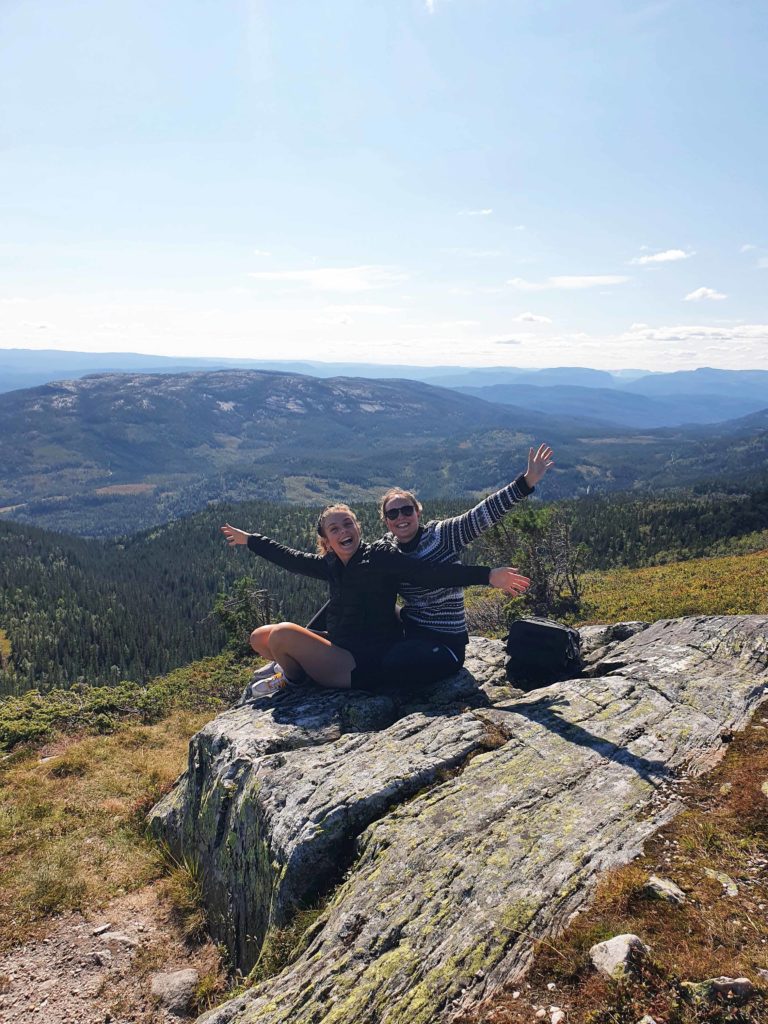
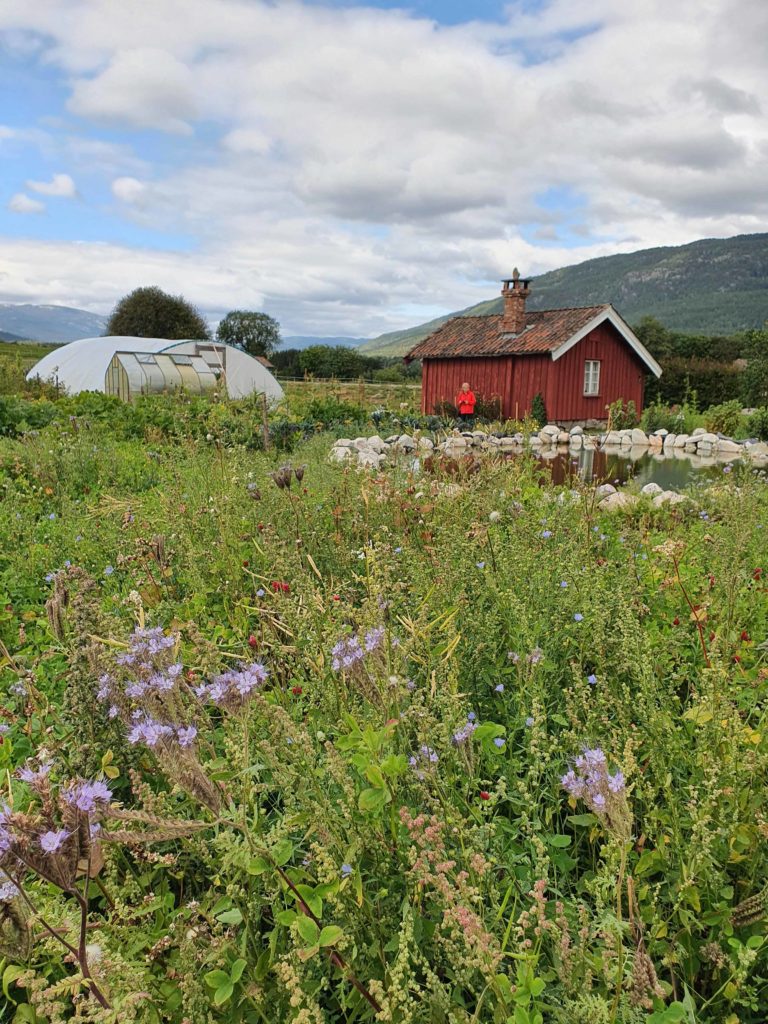
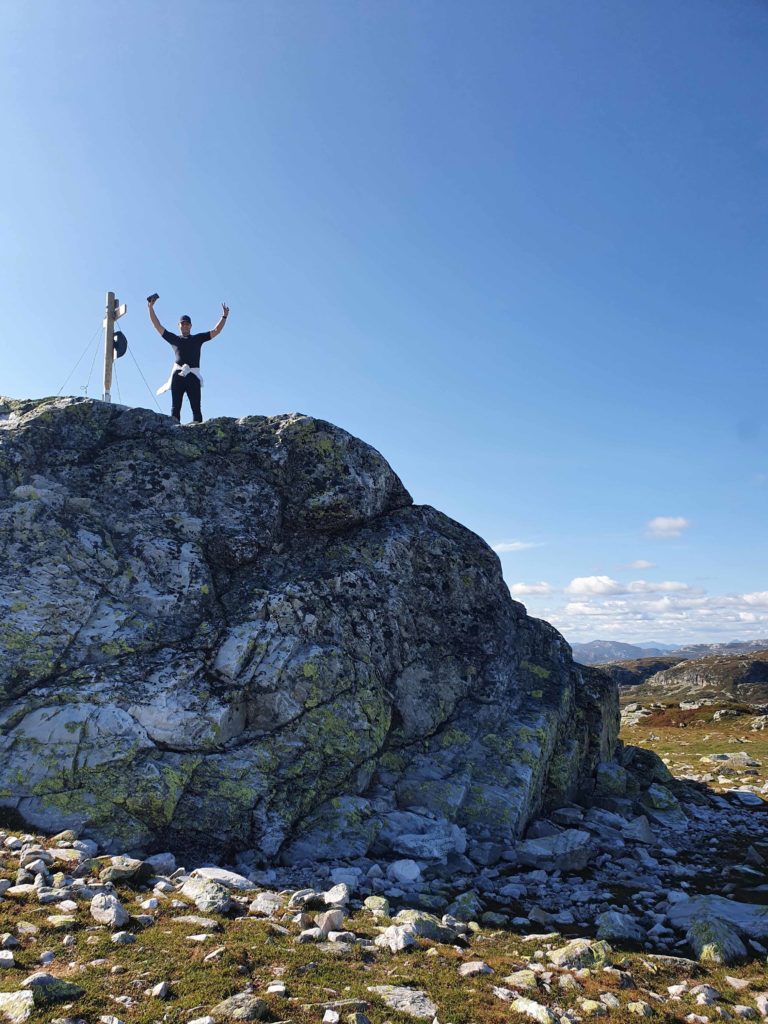
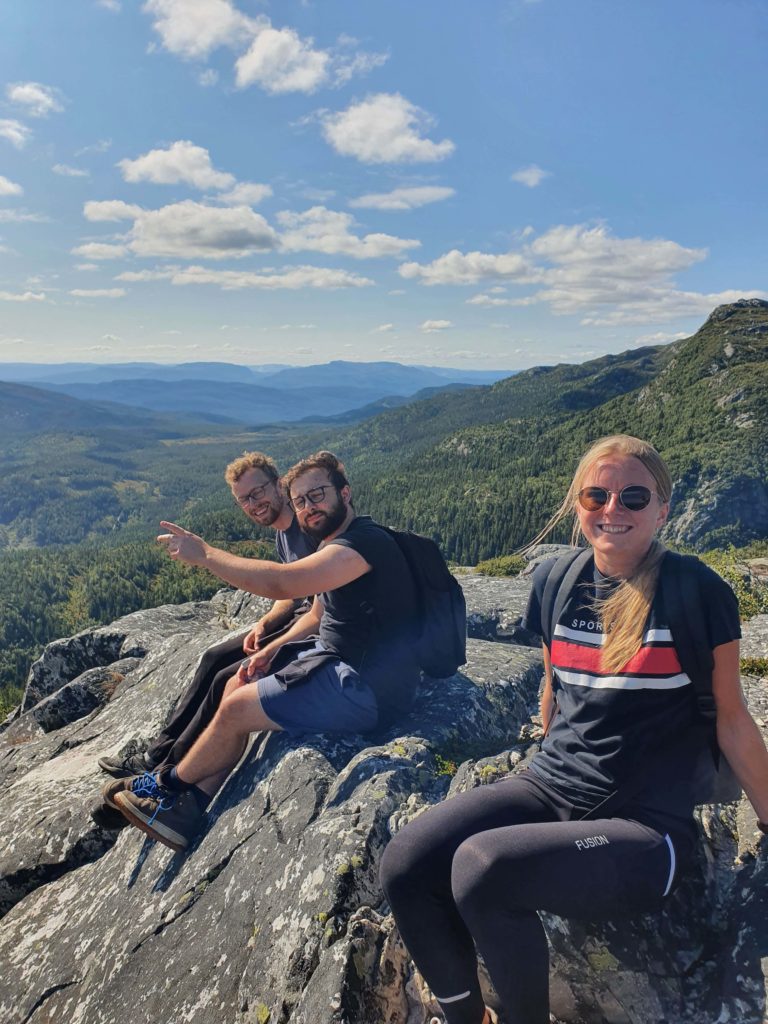
Coordinating Institution
- University College of Southeast Norway, Norway
Partner Institutions
- ISM University of Management and Economics, Lithuania
- Mälardalen University, Sweden
- Reykjavik University, Iceland
- Aarhus University Herning, Denmark
- LAB University of Applied Sciences, Finland
- Tallinn University of Technology, Estonia
- Stockholm School of Economics Riga, Latvia
Program
- Higher Education
